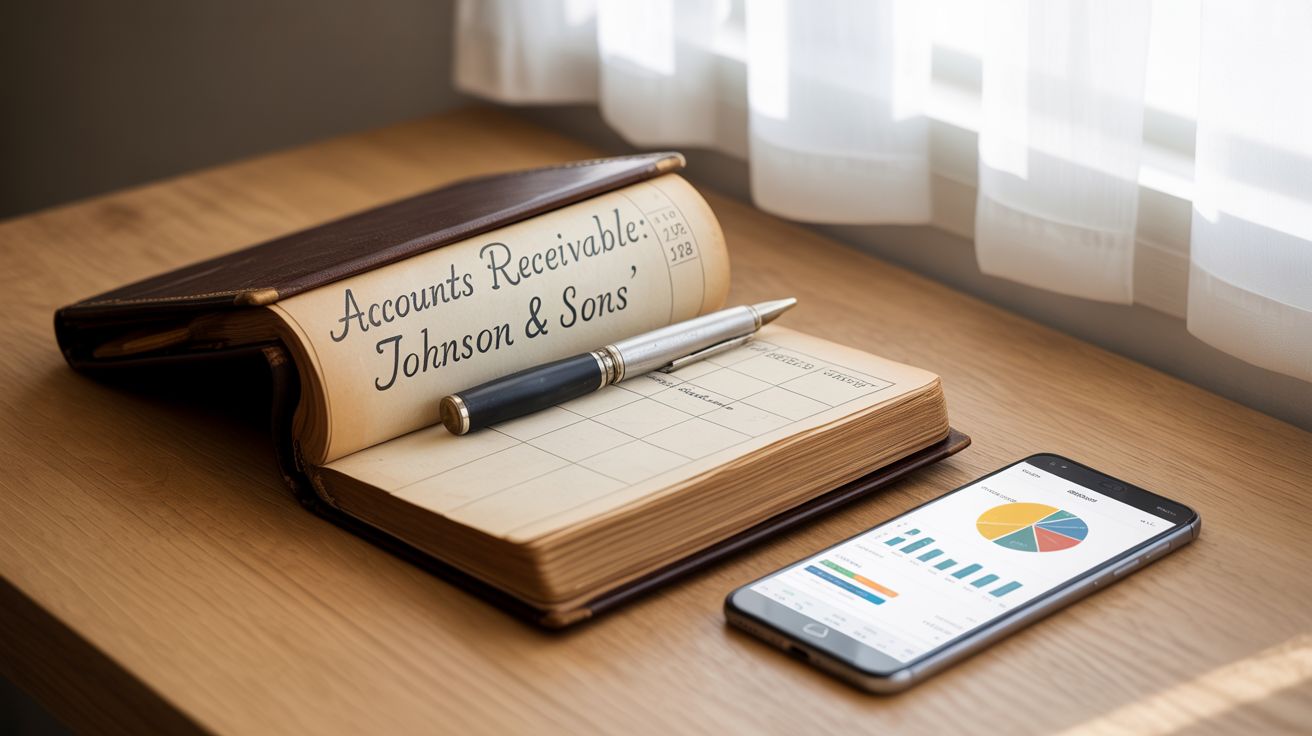
The Allure of the Automatic Budget
Remember that feeling of finally downloading that budgeting app everyone was raving about? The promise of effortless financial control, of magically knowing where every penny goes, and of finally achieving your savings goals? We’ve all been there. The app syncs with your bank accounts, categorizes your spending, and presents you with colorful charts and graphs. It feels like you’ve finally cracked the code to financial freedom. But weeks, maybe months later, the app sits neglected on your phone, another digital ghost in the graveyard of good intentions. What went wrong?
The truth is, budgeting apps, despite their technological prowess, often fail to deliver on their promises. They offer a passive approach to a problem that demands active engagement. They automate the tracking, but they don’t automate the behavior change. And behavior change is the key to successful budgeting. While the convenience is undeniable, the lack of personal connection and the potential for data overload can quickly lead to overwhelm and abandonment. So, if the shiny new apps aren’t the answer, what is?
The Problem with Passive Budgeting
Budgeting apps often lull us into a false sense of security. We see the pretty charts and graphs, and we assume we’re in control. But simply knowing where your money is going isn’t enough. It’s like knowing you need to exercise but never actually hitting the gym. The information is there, but the action is missing. These apps can become a crutch, preventing us from truly understanding our spending habits and developing the discipline needed for long-term financial success.
Furthermore, the automated categorization can be inaccurate, leading to skewed data and a distorted view of your finances. A seemingly harmless “miscellaneous” category can quickly become a black hole, swallowing up significant chunks of your budget without you even realizing it. And when you’re not actively involved in the process, it’s easy to ignore these discrepancies and let your spending spiral out of control. This is especially dangerous when you have significant financial obligations like student loans or are trying to aggressively pay down debt.
The Power of Pen and Paper (Yes, Really!)
Before you roll your eyes, hear me out. The old-school method of budgeting – using a pen, paper, and maybe a spreadsheet – forces you to be actively involved in every step of the process. It’s not about passively observing your spending; it’s about consciously planning and tracking it. This active engagement fosters a deeper understanding of your financial habits and empowers you to make informed decisions.
Think about it: when you manually write down every expense, you’re forced to confront your spending in a way that an app simply can’t replicate. You’re not just seeing a number on a screen; you’re physically recording the transaction, which creates a stronger mental connection. This heightened awareness can be surprisingly effective in curbing impulsive spending and promoting mindful consumption. Plus, there’s something incredibly satisfying about physically crossing off a bill payment or reaching a savings goal on your handwritten budget.
Creating Your Own Budgeting System
The beauty of the pen-and-paper method is its flexibility. You can tailor it to your specific needs and preferences. Start by listing all your income sources and then meticulously track all your expenses. Categorize your spending into broad categories like housing, transportation, food, entertainment, and debt repayment. Be as detailed as possible, but don’t get bogged down in minutiae. The goal is to gain a clear overview of your financial landscape.
Next, allocate specific amounts to each category based on your income and financial goals. Prioritize essential expenses like rent, utilities, and groceries, and then allocate the remaining funds to discretionary spending and savings. Remember to factor in your long-term goals, such as saving for retirement or making strategic investment decisions. The key is to create a budget that aligns with your values and helps you achieve your financial aspirations. Don’t forget to include a buffer for unexpected expenses – life happens!
The Envelope System: A Powerful Tool
One of the most effective techniques to combine with the pen-and-paper method is the envelope system. This involves allocating cash to specific spending categories and placing it in labeled envelopes. Once the money in an envelope is gone, you can’t spend any more in that category until the next budgeting period. This is particularly useful for controlling variable expenses like groceries, entertainment, and dining out.
The envelope system forces you to be mindful of your spending and make conscious choices about how you allocate your resources. It’s a tangible reminder of your budget and helps you stay on track. For example, if you’ve allocated $200 for groceries for the week and you’ve already spent $150 by Wednesday, you know you need to be more frugal for the rest of the week. This level of awareness is difficult to achieve with a purely digital budgeting system. It also helps you avoid relying on loans to cover unexpected expenses or overspending.
Tracking Your Progress and Making Adjustments
Budgeting isn’t a one-time event; it’s an ongoing process. Regularly review your budget and track your progress. Compare your actual spending to your planned spending and identify any areas where you’re overspending or underspending. Don’t be afraid to make adjustments to your budget as needed. Life circumstances change, and your budget should reflect those changes.
Perhaps you’ve received a raise and can now allocate more money to savings or debt repayment. Or maybe you’ve experienced an unexpected expense and need to temporarily cut back on discretionary spending. The key is to be flexible and adaptable. Remember, the goal is to create a budget that works for you, not against you. And don’t forget to celebrate your successes along the way! Reaching a savings goal or paying off a debt is a huge accomplishment and deserves to be recognized. This positive reinforcement will help you stay motivated and committed to your financial journey. Consider rewarding yourself with a small, budget-friendly treat – you’ve earned it!
The Importance of Financial Literacy
Ultimately, successful budgeting is about more than just tracking your income and expenses. It’s about developing a strong understanding of personal finance principles. This includes understanding concepts like compound interest, inflation, and risk management. It also involves learning about different investment options and how to plan for retirement. Financial literacy empowers you to make informed decisions about your money and build a secure financial future.
Take the time to educate yourself about personal finance. Read books, attend workshops, or consult with a financial advisor. The more you know, the better equipped you’ll be to manage your money effectively. Understanding the nuances of insurance, for example, can save you thousands in the long run. Similarly, a solid grasp of investment strategies can help you grow your wealth and achieve your financial goals. Don’t underestimate the power of knowledge – it’s the foundation of financial success.
Embrace the Imperfect Budget
Let’s be honest: no budget is perfect. There will be times when you slip up and overspend. Don’t beat yourself up about it. The key is to learn from your mistakes and get back on track as quickly as possible. Budgeting is a journey, not a destination. It’s about developing healthy financial habits and building a sustainable financial future. The old-school method, with its emphasis on active engagement and personal connection, can be a powerful tool in achieving that goal.
So, ditch the neglected app and grab a pen and paper. Start creating a budget that truly reflects your values and helps you achieve your financial dreams. It might seem daunting at first, but with a little effort and dedication, you’ll be amazed at the progress you can make. Take control of your finances, one handwritten entry at a time. Your future self will thank you. Now, go forth and conquer your financial goals! What are you waiting for? Start your budget today!



